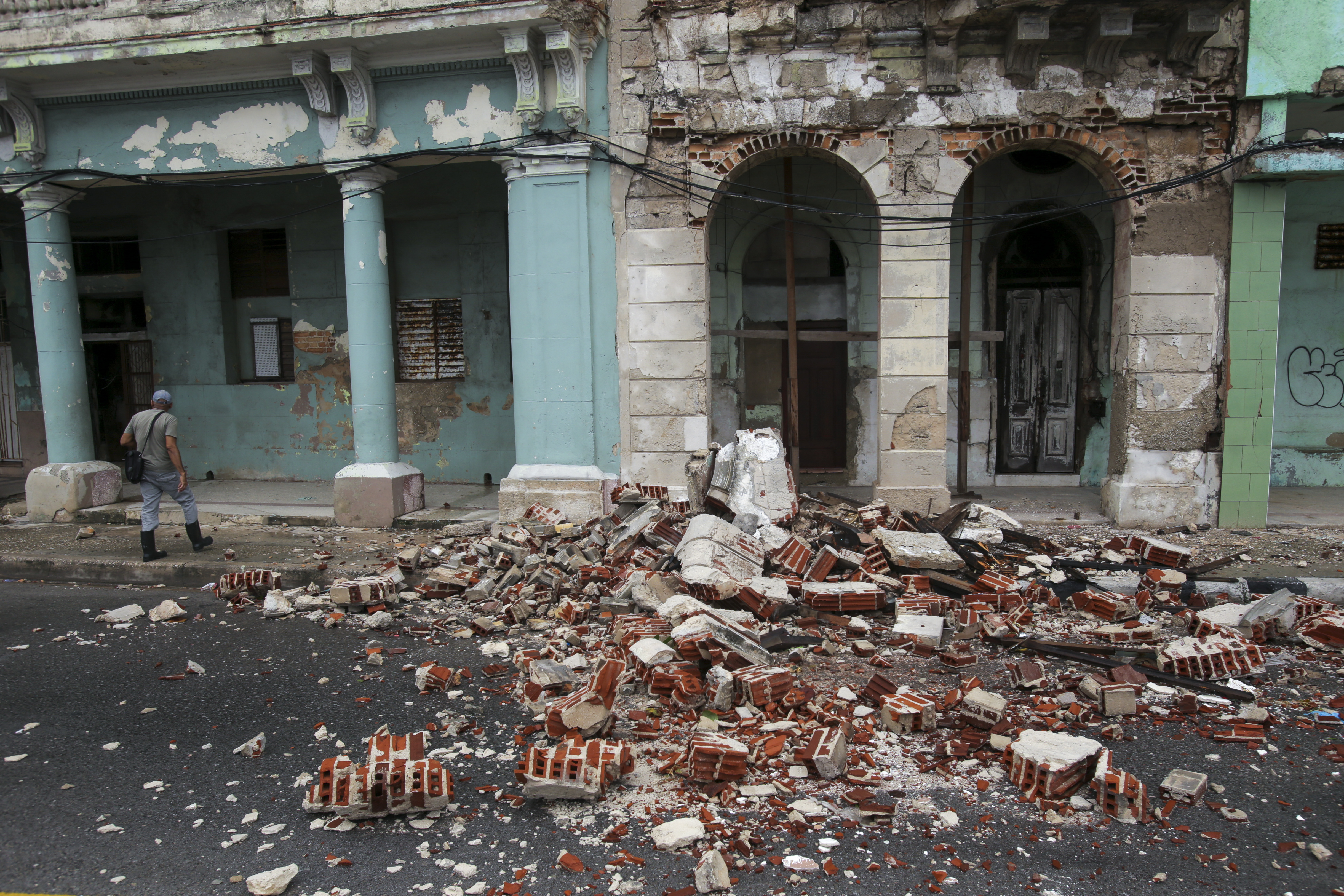NASA has renamed a facility in West Virginia to honor one of the pioneering black women featured in the book and film "Hidden Figures."
The Independent Verification and Validation Facility in Fairmont, West Virginia, is now the Katherine Johnson Independent Verification and Validation Facility.
Johnson, a West Virginia native, was part of a group of women who crunched numbers at the NASA Langley Research Center in Hampton during the early days of the U.S. space program.
“I am thrilled we are honoring Katherine Johnson in this way as she is a true American icon who overcame incredible obstacles and inspired so many,” NASA Administrator Jim Bridenstine said in a release. “It’s a fitting tribute to name the facility that carries on her legacy of mission-critical computations in her honor.”
President Donald Trump signed into law in December an act of Congress calling for the redesignation.
The facility’s program contributes to the safety and success of NASA’s highest-profile missions by assuring that mission software performs correctly, NASA said. IV&V now is in the process of planning a rededication ceremony.
“It’s an honor the NASA IV&V Program’s primary facility now carries Katherine Johnson’s name,” NASA IV&V Program Director Gregory Blaney said in the release. “It’s a way for us to recognize Katherine’s career and contributions not just during Black History Month, but every day, every year.”
U.S. & World
Johnson’s career spanned more than three decades with NASA and its predecessor agency, the National Advisory Committee for Aeronautics.
Among her professional accomplishments, Johnson calculated the trajectory for Alan Shepard’s Freedom 7 mission in 1961. The following year, Johnson performed the work for which she would become best known when she was asked to verify the results made by electronic computers to calculate the orbit for John Glenn’s Friendship 7 mission.
She went on to provide calculations for NASA throughout her career, including for several Apollo missions.
At a time when racial segregation was prevalent throughout the South, Johnson and fellow African American mathematicians Dorothy Vaughan and Mary Jackson -- who was later promoted to engineer -- broke through racial barriers and helped pave the way for the diversity, NASA said.
Their story became the basis of the 2017 film "Hidden Figures," based on the book by Margot Lee Shetterly.
Johnson received the Presidential Medal of Freedom in 2015 and, in 2017, NASA’s Langley Research Center in Hampton, Virginia, dedicated the new Katherine Jonson Computational Research Facility in her honor. Johnson celebrated her 100th birthday on Aug. 26.



